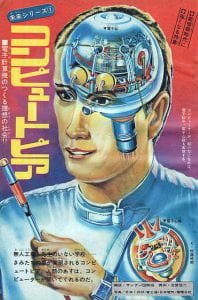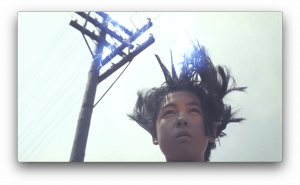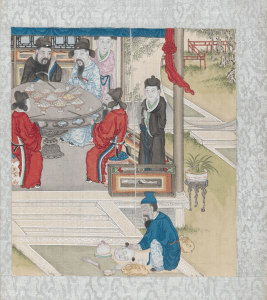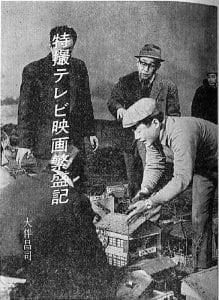Ph.D. Candidate, EALC
Impossible Echo:
Whistling as Poetic Expression in Seventeenth-Century China
Time: Friday, April 23, 3-5 pm CT
Zoom Registration: https://uchicago.zoom.us/meeting/register/tJ0lduCtrj4oGNCA5_qiFdBFa2CJ8ALDwof-
Discussant: Jiayi Chen, Ph.D. Candidate, EALC
For our first meeting of spring quarter, the Art and Politics of East Asia (APEA) workshop is proud to host Yiren Zheng (Ph.D. Candidate, EALC), who will present her paper, “Impossible Echo: Whistling as Poetic Expression in Seventeenth-Century China.” She summarizes her paper as follows:
This paper examines a turning point in the Chinese literary history of whistling that took place during the seventeenth century. Whistling, once sonorously reverberating in social spaces during the Six Dynasties, gradually disappeared as a sound. It continued to thrive as a poetic trope whose sonic implication became tenuous at best. During the seventeenth century, a number of authors, including Pan Zhiheng (1556-1622) and Chen Ding (1650-?), imagined whistling as a sound immediately audible in their own times despite the fact that whistling had been a lost sound for centuries. For example, Pan portrays the singing of certain courtesans as whistling in a number of prose essays; Chen depicts whistling as an apocalyptic event (alluding to the fall of the Ming dynasty) that viscerally disturbs not only the listeners but also the whistler in a literary biography entitled “Biography of the Old Whistler.” Collectively, these authors made a noteworthy intervention in the literary imagination of whistling by employing the method of simulation: presenting an imaginary scenario as if it was the lived reality while blurring the boundary between simulated reality and actual reality. This paper argues that the simulated whistling offers a space for these authors to address real-world concerns that are otherwise repressed or unacknowledged.
This paper is the main part of one of my dissertation chapters. The chapter also observes how these seventeenth-century writings enrich pre-modern Chinese discourse on whistling and in turn our understanding of poetics. During the Six Dynasties, the heyday of whistling as a sonic art, whistling was understood as a subversive poetics where speech is displaced by sound and meaning-making displaced by semantically free echoing. Starting from the fourteenth century, writers began to consider whistling as a nonverbal means of expressing one’s interiority, which is parallel to speech. The seventeenth-century depictions of whistling found a balance between using whistling to resist speech and language and assimilating whistling into the linguistic order. By tracing the discourses with which these seventeenth-century writings on whistling are implicitly in dialogue, this chapter ponders what it seventeenth-century authors gained by animating an absent sound.
Yiren Zheng is currently finishing her dissertation as a residential fellow at the Franke Institute for the Humanities and a Ph.D. candidate in the East Asian Languages and Civilizations at University of Chicago. Her dissertation explores several extralinguistic forms of communication, including whistling and talking birds, and theoretical insights they inspired in seventeenth-century literary texts written in classical Chinese. Her journal article, “Listening Askance with a Seventeenth-Century Chinese Acousmatic Voice,” has recently appeared in Parallax.






